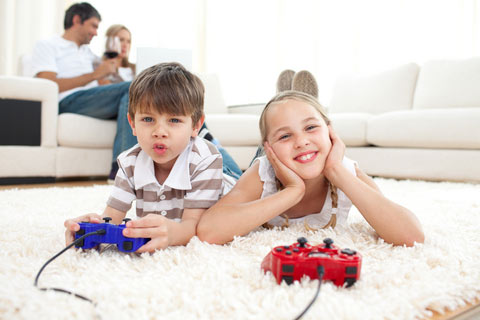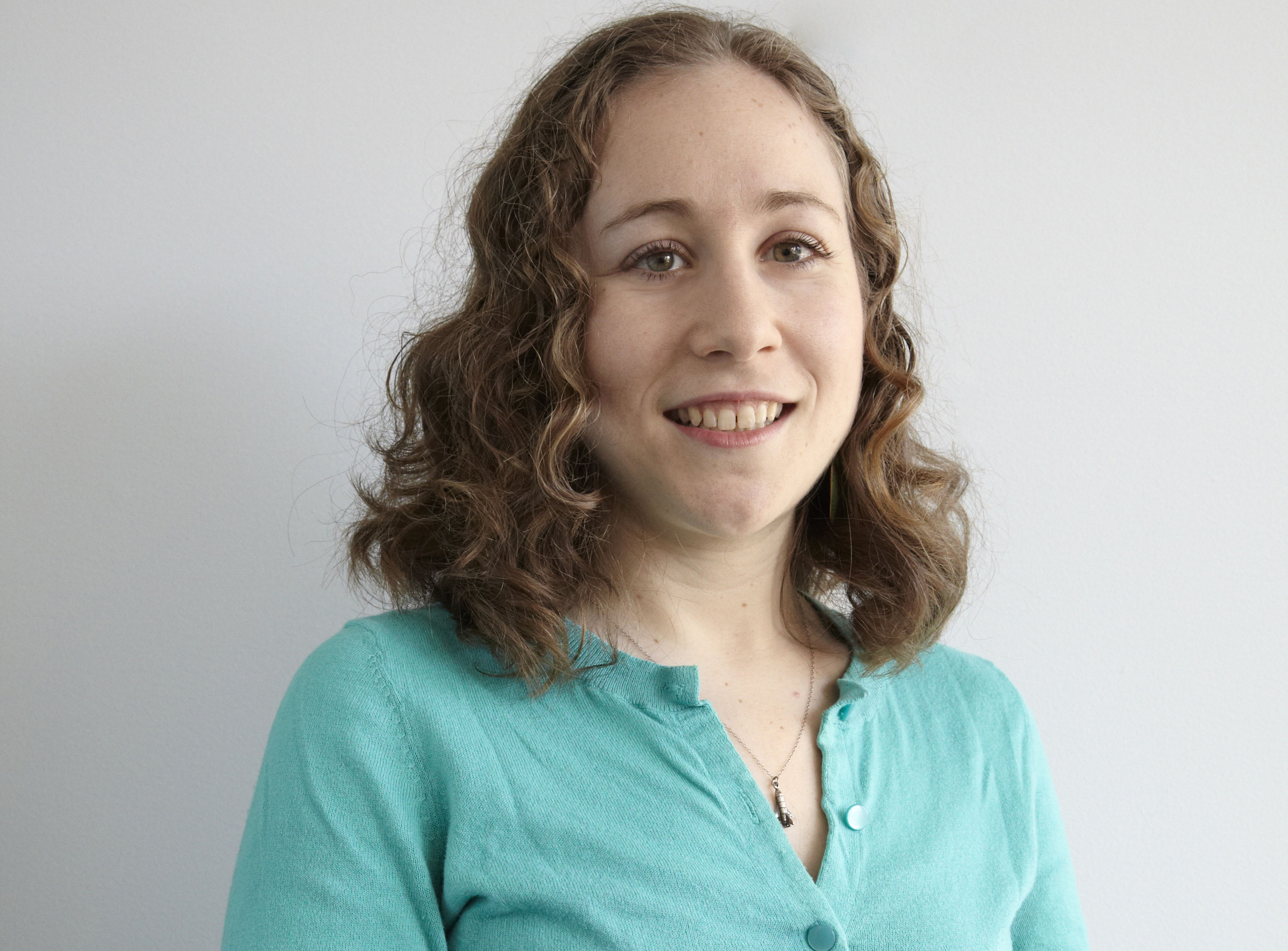When Teachers Highlight Gender, Kids Pick Up Stereotypes

When preschool teachers call attention to gender in any way, kids pick up on it. A new study found that in classrooms where boys and girls line up separately — and even in settings where teachers say things like, "Good morning boys and girls" — children express more stereotypes about gender and even discriminate when deciding who to play with.
"The children in these classrooms expressed less interest in playing with children of the other sex," said developmental psychologist Lynn Liben of Pennsylvania State University, who conducted the study with graduate student Lacey Hilliard. "Not only in surveys, but we also observed kids playing in free playtime, and there was a significant drop in the amount of time children in those classrooms were seen playing with children of the other sex."
The researchers compared 57 preschoolers, half of whom were in classrooms where teachers refrained from making divisions by sex. In the other half of classrooms, teachers were asked to use gendered language and highlight two gender categories – for example, there were two different bulletin boards, one for boys and the other for girls to post their work. Even in these classrooms, though, the teachers didn't express stereotypes about differences between boys or girls, and never had the two sexes directly compete or compare themselves.
Nonetheless, merely calling attention to the fact of gender caused children to agree more with stereotypes, such as the idea that only girls should play with baby dolls or become dancers, and that only boys should use tools and become firefighters.
Previous research has found that such gender stereotypes strongly affect, for example, what children think they're good at and what professions they envision themselves pursuing.
In addition, the new results showed 37 percent of children whose teachers didn't talk about gender chose to play with a group that included children of the other sex, while in the classrooms where teachers highlighted gender, only 13 percent chose to play with groups that included kids of other genders.
"To the extent that we found that just this classroom organization affected their stereotypes, it's likely to have some long-standing impacts on things down the line like educational choices and jobs," Liben told LiveScience.
Get the world’s most fascinating discoveries delivered straight to your inbox.
And since children tend to learn how to be "boy-like" and "girl-like" through socializing with their peers, the less that kids play with children of the other sex, the more gender differences are likely to be exaggerated as their peer groups become more segregated.
Liben said the research supports the idea that co-ed classrooms are probably better for kids in the long run than single-sex schools, which could perpetuate stereotyped thinking about gender. And teachers should be aware of how the language they use affects kids.
"One of the implications is that classroom structure really matters," Liben said. "I think it probably makes more sense to use 'child' language and 'friend' language, rather than 'boys' and 'girls.'"
Many people may not be aware that such gendered language could be damaging, but Liben said the effects can be similar to the harmful outcomes caused by segregating children based on race.
"You would never say 'good morning black children and white children,' or have white and black kids line up separately," she said.
The study is detailed in the November/December issue of the journal Child Development.
 Live Science Plus
Live Science Plus






